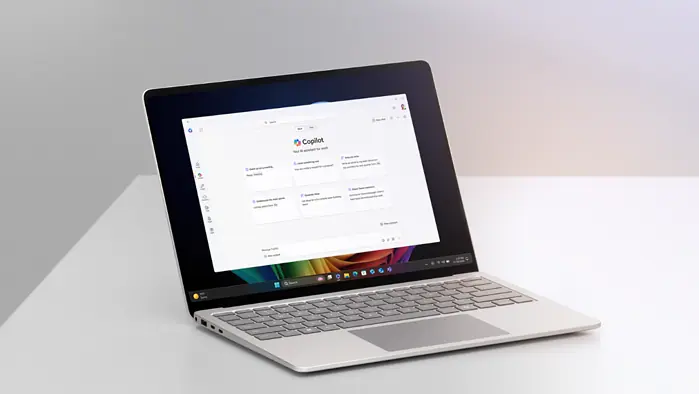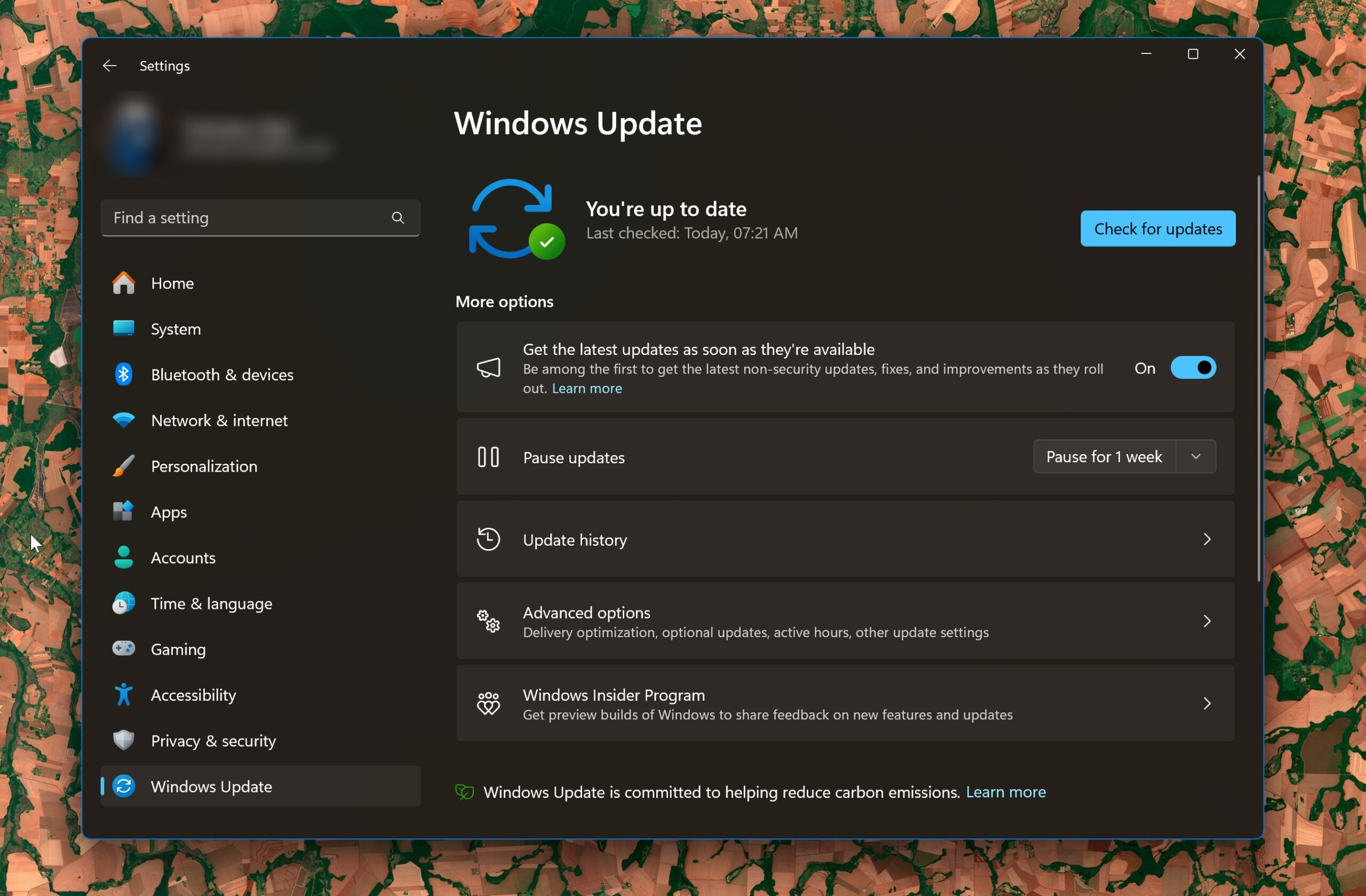What happens if you have a non-TPM 2.0-chip PC but you want to run Windows 11?
Microsoft says you just need to buy a new PC. Eek.
2 min. read
Published on
Read our disclosure page to find out how can you help MSPoweruser sustain the editorial team Read more
Key notes
- Microsoft requires TPM 2.0 for Windows 11, with no exceptions.
- If your PC lacks TPM 2.0, you must upgrade your hardware or buy a new PC.
- Windows 10 users can pay $30 for an Extended Security Update (ESU) to extend support for another year.

Microsoft has quite stringent minimum requirements for a PC or laptop to run Windows 11 effectively. That’s no secret. But now, it seems like the company is pushing things even further.
The Redmond tech giant confirmed in a recent blog post that the Trusted Platform Module (TPM) 2.0 requirement for Windows 11 is “non-negotiable,” meaning the operating system will not lower its strict hardware standards to support older devices.
So, what happens if you have a non-TPM 2.0 chip running your desktop but you want to run Windows 11?
If you have a non-TPM 2.0-chip PC and want to run Windows 11, you will need to upgrade your hardware to meet the TPM 2.0 requirement. Without TPM 2.0, your system will not be able to run Windows 11 by default, as TPM 2.0 is a necessary security feature for Windows 11.
And to do that, the only feasible option is another purchase. Or, in Microsoft’s own words, just “buy a new PC.”
Windows 10’s end-of-support is approaching in a year and there have been workarounds for older devices to run Windows 11. The Redmond company even desperately urges people to install Windows 11 even on unsupported hardware even though they’re pretty strict with the minimum requirement.
Windows 10 has a strong base of users even years after Windows 11 launched, so big that it was only recently that Windows 11 became more popular than Windows 10 for gamers on Steam.
That means, the shift to Windows 11 next year would be a hassle for a lot of users. And if you want to stay using Windows 10, you’ll need to pay $30 for an Extended Security Update (ESU) to give your PC or laptop another year of life.








User forum
0 messages